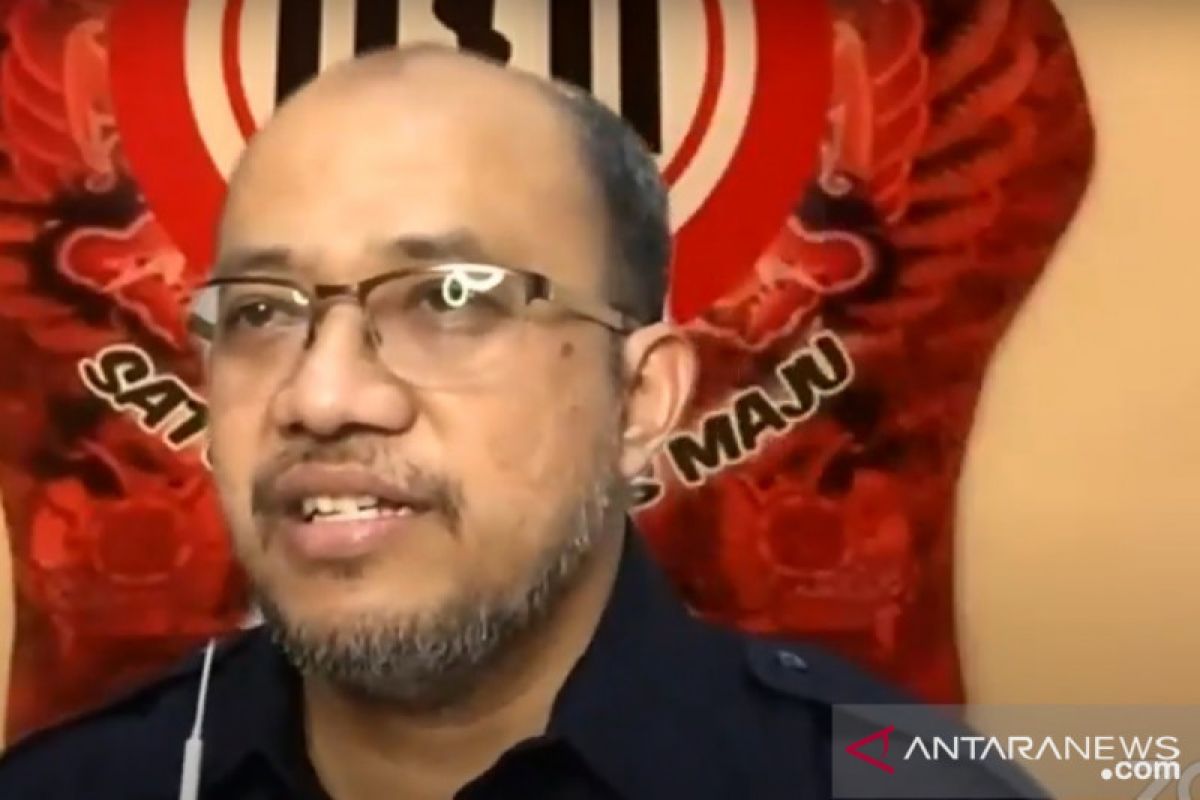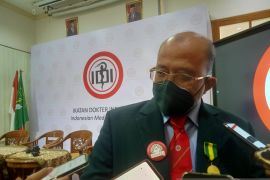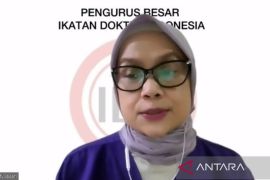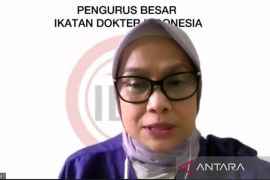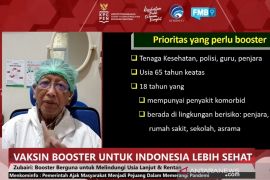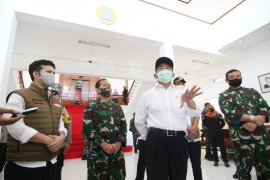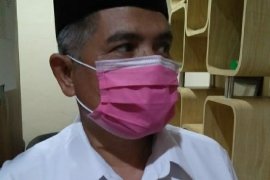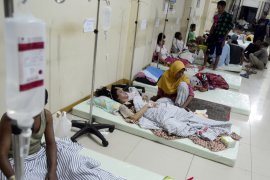First, strengthening the synergy of regulations of a national health system that is adaptive to the pandemicJakarta (ANTARA) - The Indonesian Doctors Association (IDI) Executive Board has appealed to the government to work swiftly to increase synergy of the National Health System's regulations, precisely a year since the COVID-19 pandemic struck the country.
"First, strengthening the synergy of regulations of a national health system that is adaptive to the pandemic," Chairman of the PB-IDI Mitigation Team, concurrently the elected chairman of PB-IDI for the 2021-2024 period, Dr. Adib Khumaidi, remarked when contacted by ANTARA in Jakarta, Monday.
Khumaidi highlighted that the government can increase synergy through the community health center (Puskesmas) in order to improve promotive and preventive functions as well as health services in areas of major concern.
"The most important aspect is the testing and tracing abilities. We have sufficient strength or capital in that capability. It is the Puskesmas," he stated.
Khumaidi expounded that the second strategy aimed at preparing the National Health System (SKN) by not only clustering hospitals focused on handling COVID-19 but also by paying attention to handling non-COVID-19 patients.
"Yesterday it was replicated for the COVID-19 referral hospital. If we talk about the COVID-19 referral hospital, it means that it has been escalated to become a COVID-19 hospital. In fact, health problems are not only related to COVID-19. This is redesigning the hospital, with zoning, so that Non-COVID-19 services can still be conducted, but there is no likelihood of contracting COVID-19 later," he explained.
For the third strategy, Khumaidi noted that the government should strengthen the technology and health industries.
"This can be conducted by building the readiness of industrial infrastructure, be it drugs and medical devices, including vaccines. This is an effort that must be made," he stated.
According to Khumaidi, the fourth strategy pertains to boosting public awareness and compliance by empowering informal organizations.
"Among them are empowering informal organizations at the community level, especially neighborhood and community units (RT/RW) as the frontline. The availability of literacy and information sources about COVID-19 should then be increased," Khumaidi noted while highlighting the readiness of neighborhood and community units (RT/RW) to thwart the transmission of COVID-19.
Related news: Free COVID Corridor Program for reopening Bali for tourists: Minister
Related news: Jokowi sanguine about Yogyakarta's tourism reviving after vaccination
EDITED BY INE
Translator: Zubi M, Azis K
Editor: Fardah Assegaf
Copyright © ANTARA 2021
